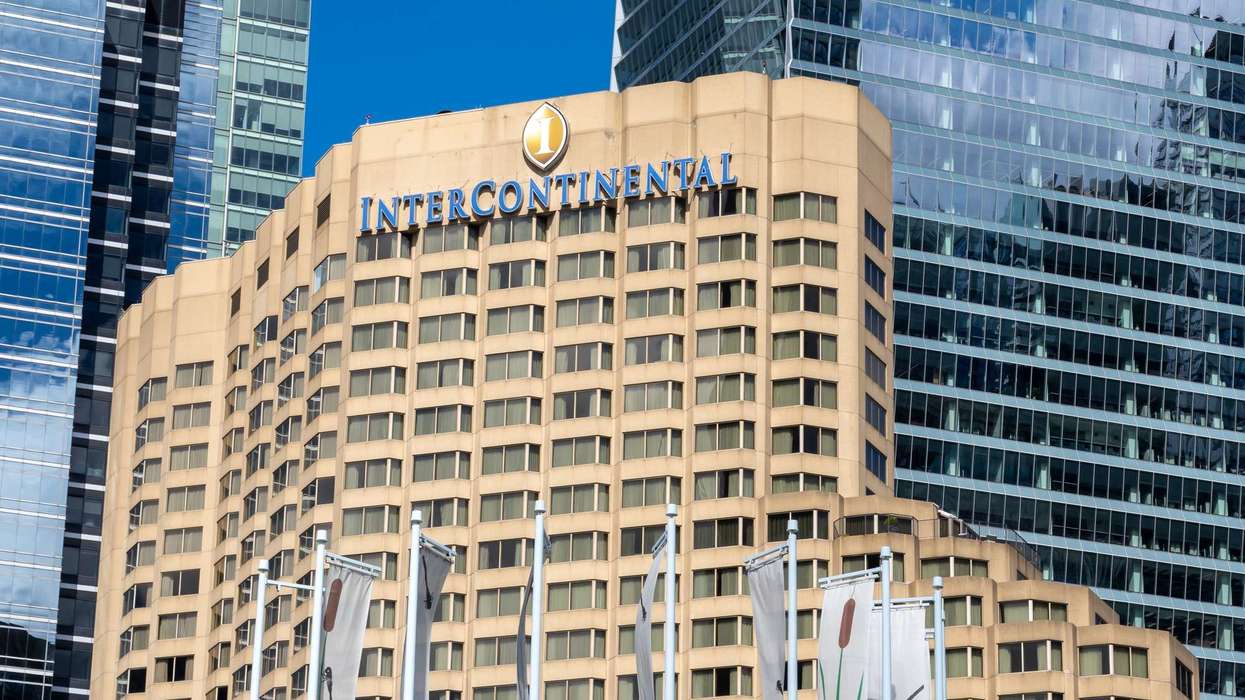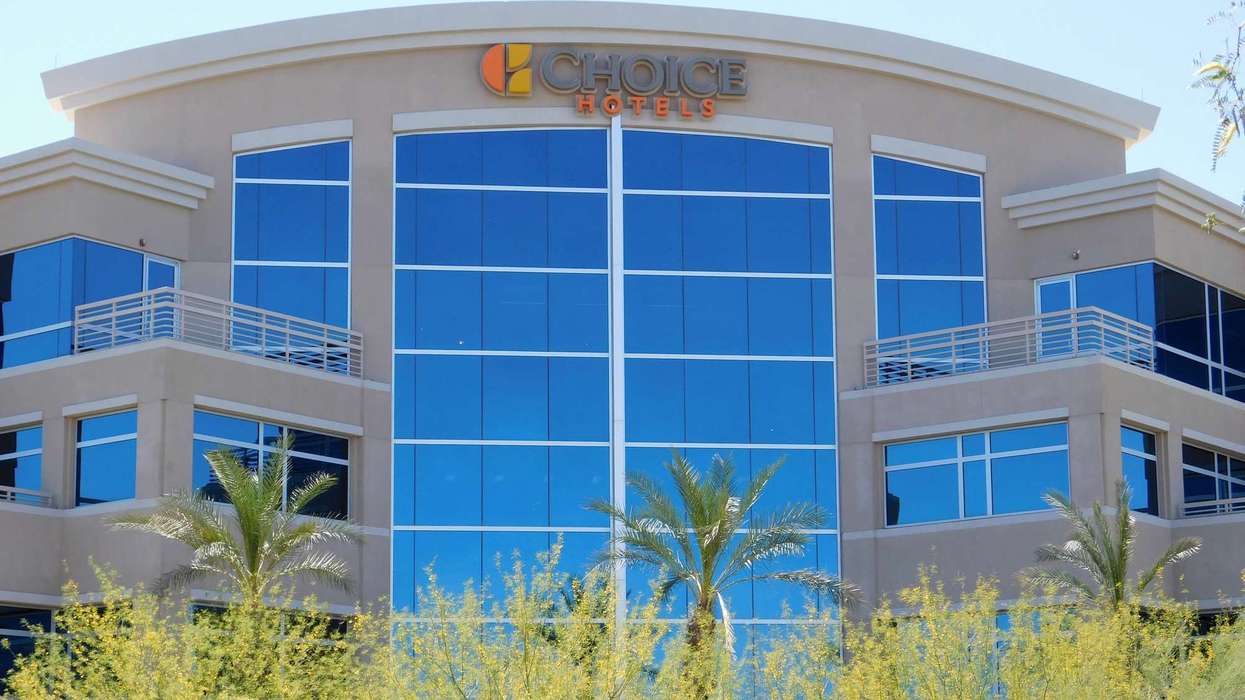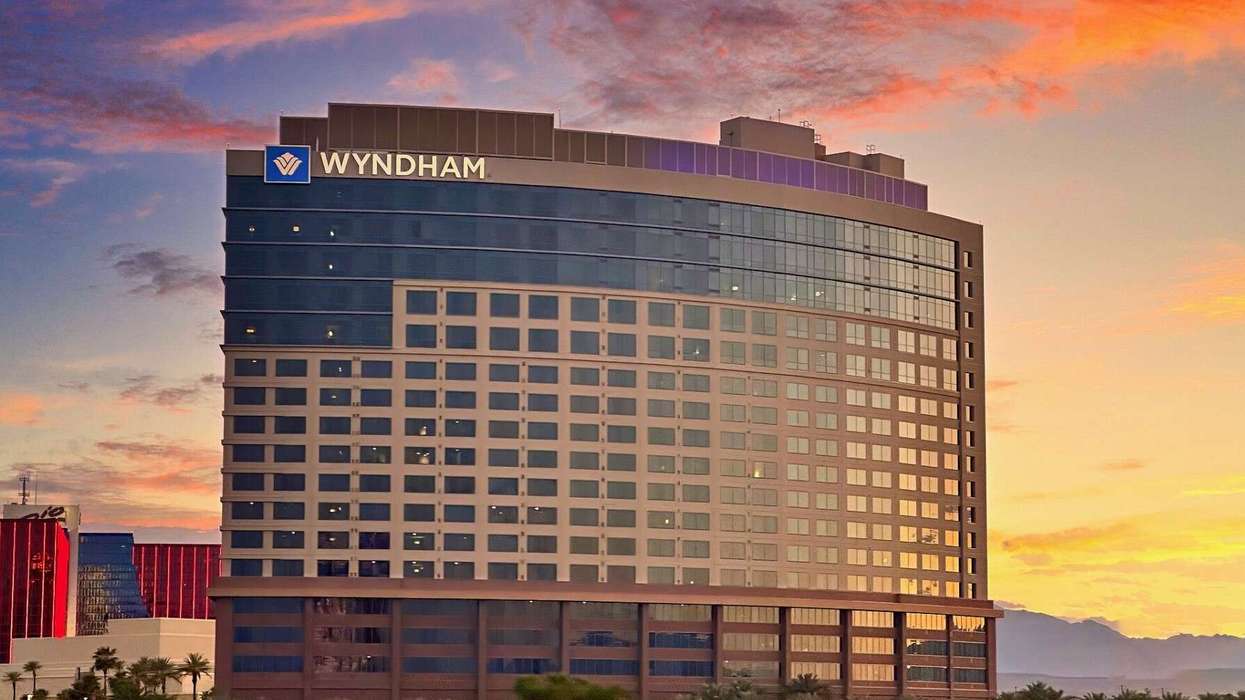HERSHA HOSPITALITY TRUST is taking several steps to reduce its financial burden and keep most of its 48 hotels open, though it still had to suspend operations at 19 of them. But one thing the company will apparently not do is take money from the federal Paycheck Protection Program that others may need more.
The Philadelphia-based REIT will return the money it has received from the program.
“We’re finding that the guidance continues to become more strongly opposed to anybody but a small Main Street business receiving the loan. The program was underfunded,” Jay Shah, Hersha’s CEO, told the Philadelphia Inquirer on Wednesday. “It’s just not who we are. We wouldn’t be in the fray here, trying to muscle our neighbor out of getting relief, if they have no other source.”
On April 24, Congress authorized a $484 billion enhancement of the Coronavirus Aid, Relief, & Economic Security Act, including $310 billion to replenish the Paycheck Protection Program. The original $349 billion for the PPP program had already been depleted.
Shah, who leads the company with his brother Neil Shah as president, did not tell the Inquirer how much exactly Hersha had received in PPP funds, but indicated it was “higher than the average” which the newspaper said is about $206,000 per loan, one loan per hotel. That would equal to about $9.9 million for the company’s portfolio.
Hersha Hospitality’s remaining 29 open hotels are operating with minimal staff, reducing labor cost by 80 percent. After announcing the hotel closings and cost cuts in March, as well as other measures including suspending capital expenditures planned through the end of the year to save between $10 million and $15 million and reducing Jay and Neil’s salaries by 50 percent, the company announced several other steps it was taking on April 6.
They include:
- Adding $100 million on the company’s $250 million senior revolving line of credit.
- Obtaining waivers on all financial covenants through March 31, 2021, to provide additional operational and financial flexibility.
- Cost containment measures resulting in more than 25 percent savings in SG&A expenses.
- Significantly reducing operating expenses over the immediate period through on-site expense cuts.
- Eliminating unneeded contract services, vendor and outsource contracts, utility usage and purchasing expenses to produce near-term and long-term cash savings.
- Where feasible, seeking alternative sources of hotel revenue through government agencies, law enforcement and military personnel, emergency first responders and medical personnel, and universities.
- Exploring the potential to recoup losses through insurance claims
Shah struck a positive note in the end of his statement on the austerity measures.
“Approximately 60 percent of our portfolio mix is comprised of select-service assets, which will be able to re-open more quickly and efficiently. We will continue to closely monitor this situation to ensure that we are best positioned to close or re-open hotels in real-time with shifting demand trends,” he said. “Although this international crisis is unique in its depth and pervasiveness and we expect a challenging path forward, our team has navigated across three previous cycles and we will continue to take the measures necessary to contain costs and maintain liquidity as we face down the COVID-19 threat and the ensuing economic contraction already underway.”
The company will hold its first quarter earnings call on May 6 at 9 a.m. ET.





